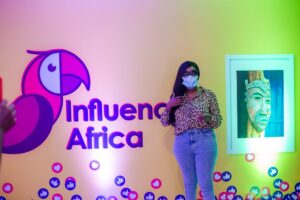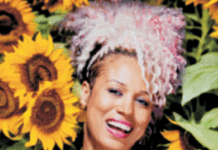There is simply no denying the relevance of influencers in today’s digital market in Africa. Influencers are people who have sway over people’s choices or preferences and—at the risk of sounding literal—they have an influence on people’s buying decisions. The bond between influencer and viewer is an organic one which allows natural opportunities for commercialization.
Influencers have become the standard for niche marketing. The influencer approach to marketing promises something that brands cannot match—even with considerable effort. That thing is relatability. What the influencer sells is not just the brand they are advertising, but also the lifestyle that comes with that brand.
It is for this reason that Influencer Africa has signed over 5000 influencers across a vast breadth of industries. You name it, and there is an influencer setting trends within that niche. Be it fashion, lifestyle, technology, beauty, food, beverages and even travel, Influencer Africa has the right voice that people will want to listen to. That is precisely who an influencer is.
The biggest drawback of an influencer focused approach to marketing for a brand is the logistics of it all. How do you find the right influencer for your brand? How do you measure the effectiveness of an influencer campaign to be able to put it down as money well spent? And even beyond that, how do you manage influencers so that their output matches your vision without infringing on the influencer’s authenticity? These questions are why Influencer Africa comes in—to make things seamless and mutually beneficial for brand and influencer.
Influencer Africa already has a significant presence in the African countries of Nigeria, Liberia, Côte D’Ivoire, Cameroun, Uganda and Kenya. The company is launching in Ghana in the hopes of bringing its expertise as a bridge between influencer and brand to brands on the Ghanaian market.
The Influencer Africa register of influencers can be broken down into mega Influencers (influencers with over 1 million followers), macro Influencers (follower count between 100K and 1 million) and micro Influencers (influencers with a follower count between 10K and 100K).
The Ghanaian register currently includes names like Sarkodie, Ameyaw Debrah, Joselyn Dumas, Medikal, Joey B, Caroline Sampson, Nikki Samonas and Delay among others.










